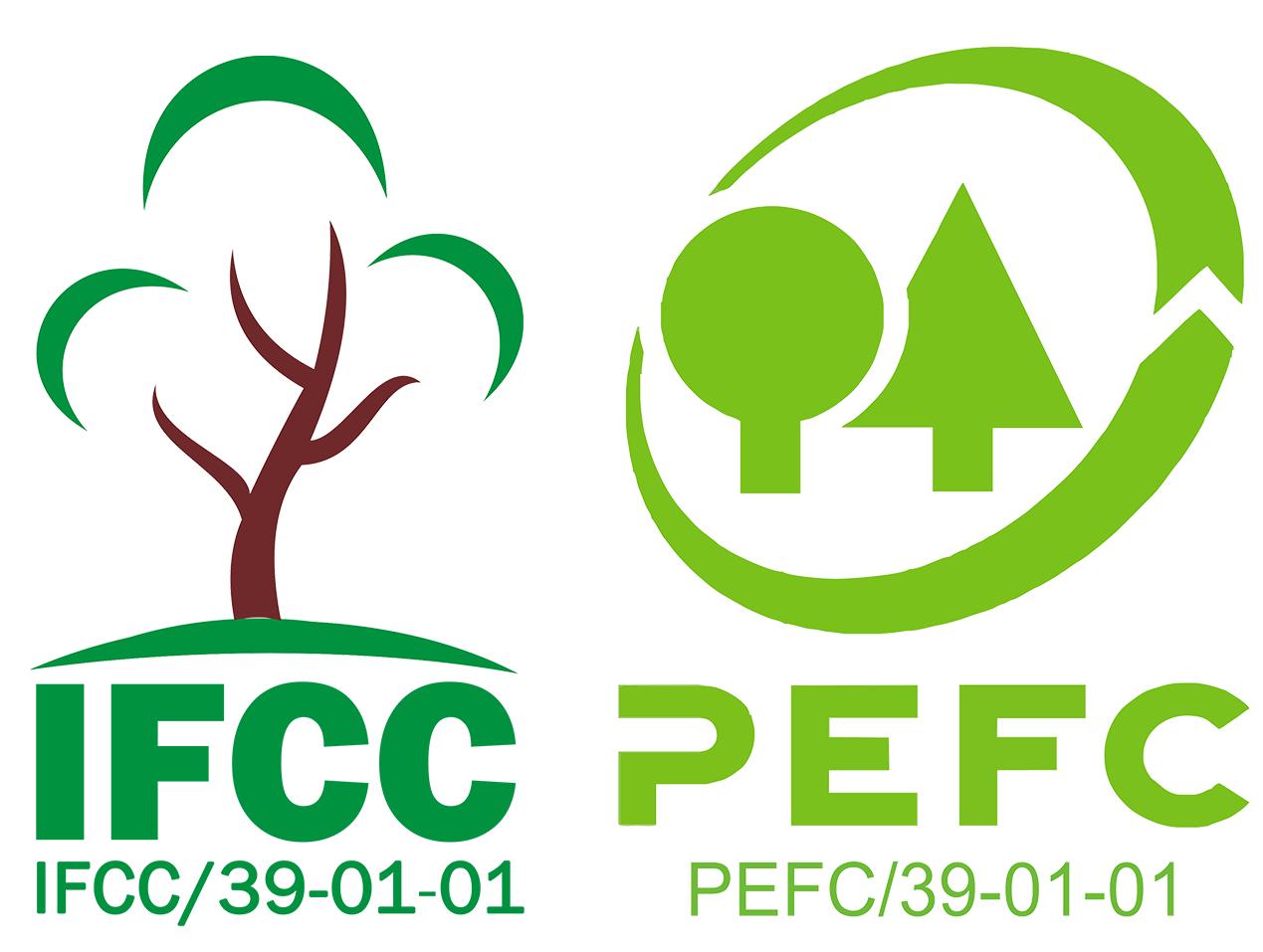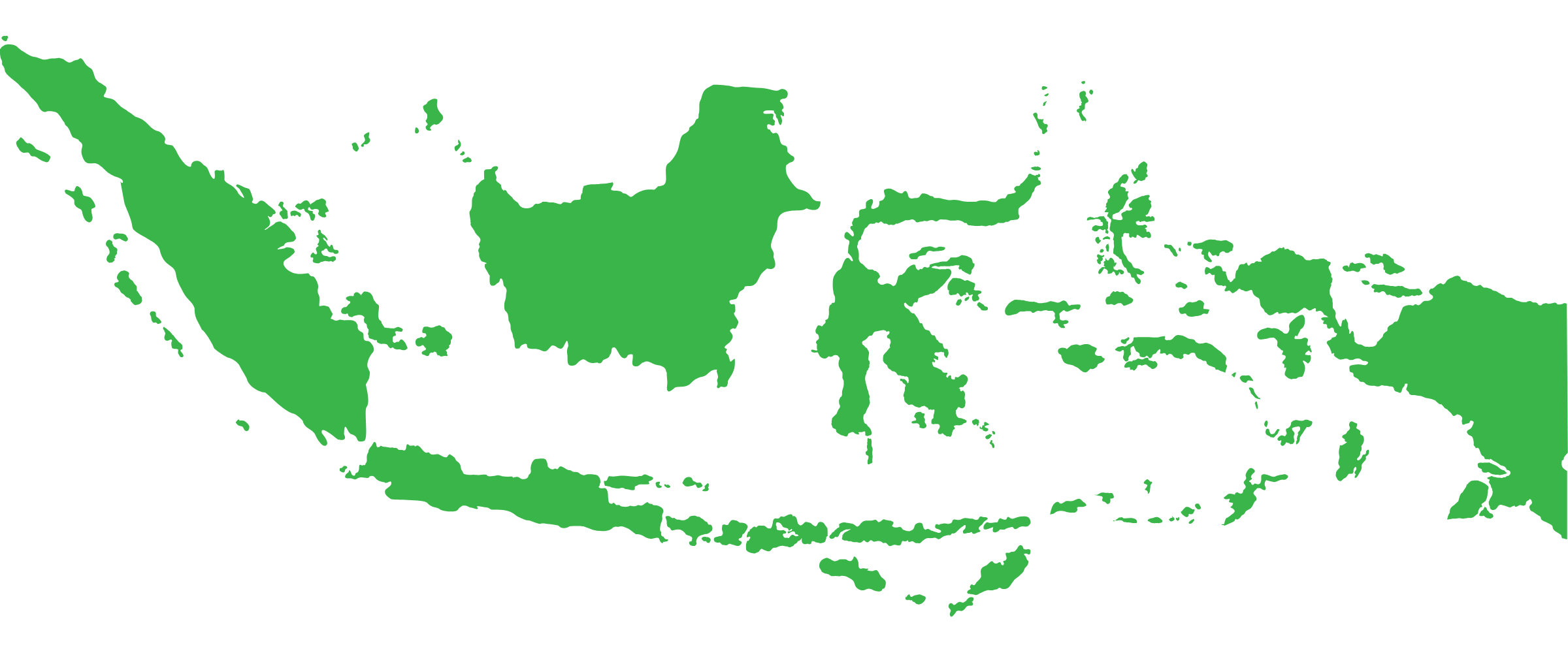PEFC Forest Forum Fieldtrip

The forum concluded with an inspiring two-day field visit to PEFC-certified sites in Vietnam — from innovative manufacturing at Geuther Baby Products to research leadership at the Vietnam Academy of Forest Sciences, and sustainable rubber plantations at DONARUCO.
Voices from the Forest: Empowering Women for Sustainable Change

In Indonesia, in the heart of Kebumen Regency, Central Java, Westhi Wigaringtyas known as Wiga within her community is quietly revolutionizing community forestry in a region where women’s leadership has long been sidelined. Wiga balances motherhood with her role as a forestry manager at Kostajasa Community Forest, challenging entrenched gender norms. Her journey reflects a broader struggle: women in social forestry households average just 6.6 years of education compared to men’s 8.1 years, limiting their participation in decision-making roles read more.
PEFC in Osaka: Promoting Cooperation for the Future

PEFC member SGEC recently hosted the conference “Promoting Cooperation for the Future Utilization of SGEC/PEFC-Certified Materials and Products” in Japan, highlighting the vital role of certification in advancing sustainable development. Held on May 12, 2025, the Osaka-Kansai Expo Commemorative International Forum brought together over 250 participants in person and online, marking a significant step in driving momentum for certified, climate-smart solutions in Japan and beyond.
The event was made possible through strong collaboration with key partners including the Forestry Agency of Japan, the Japan Association for the 2025 World Exposition, the Osaka Federation of Wood-Industry Associations, and the Osaka Association of Architects & Building Engineers.
A key highlight was a special address by Mr. Shawn Lawlor, who underscored the global importance of using certified, sustainable materials in major projects—particularly in the lead-up to Expo 2025 Osaka.






